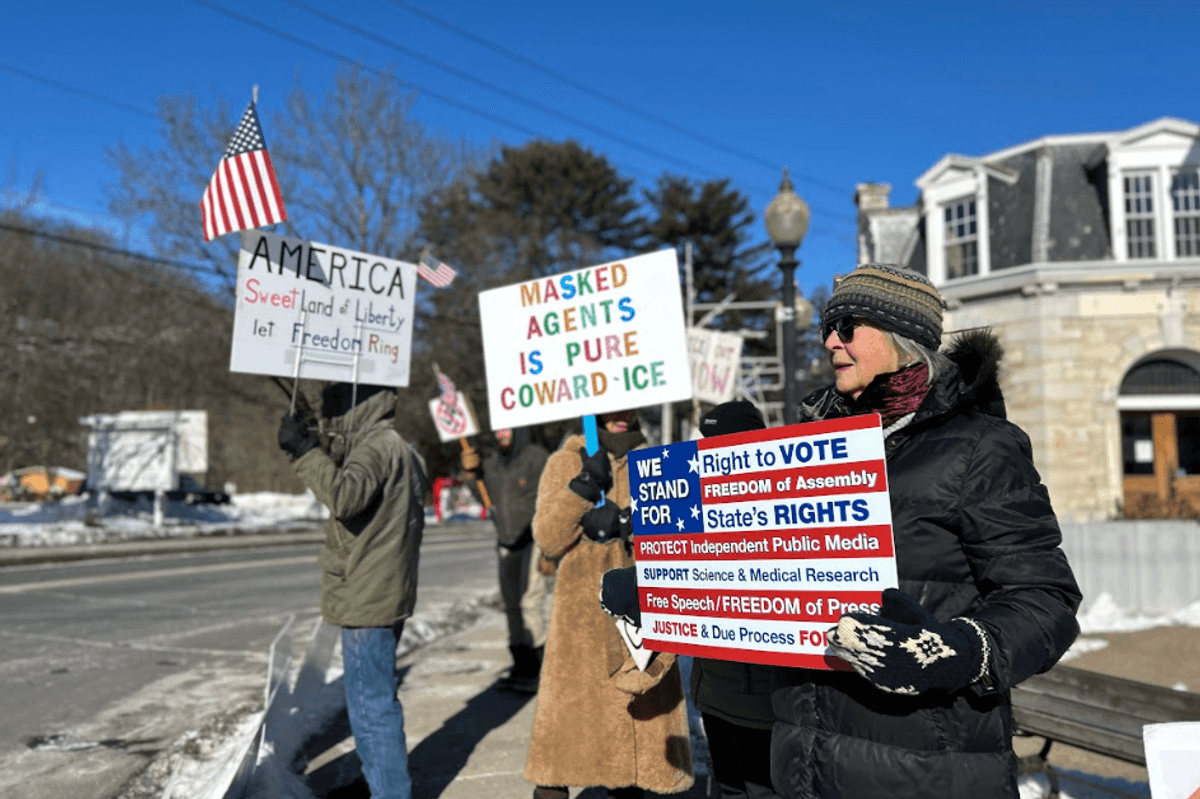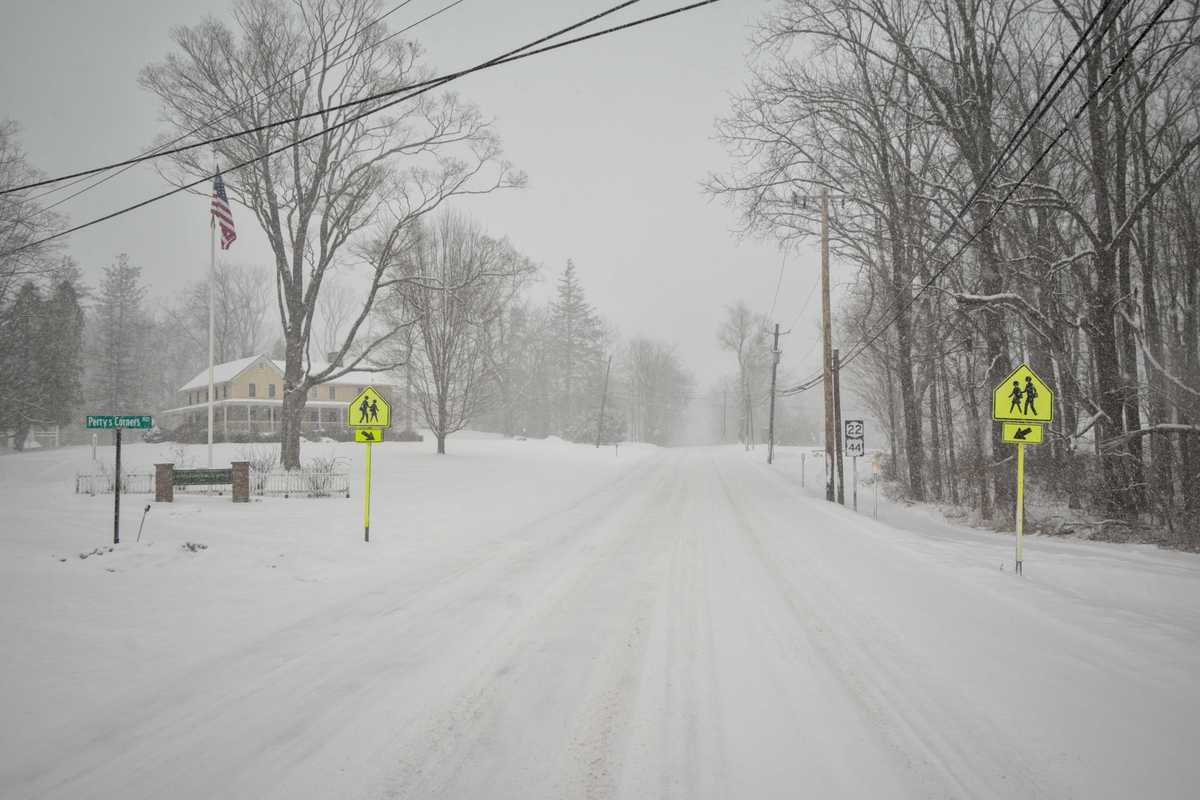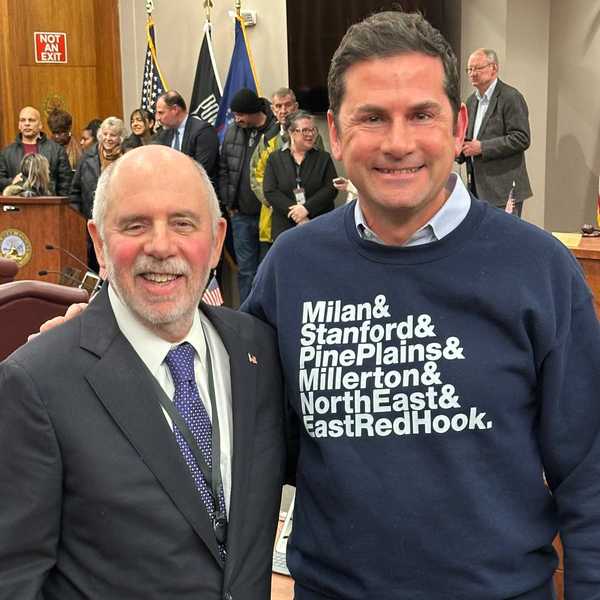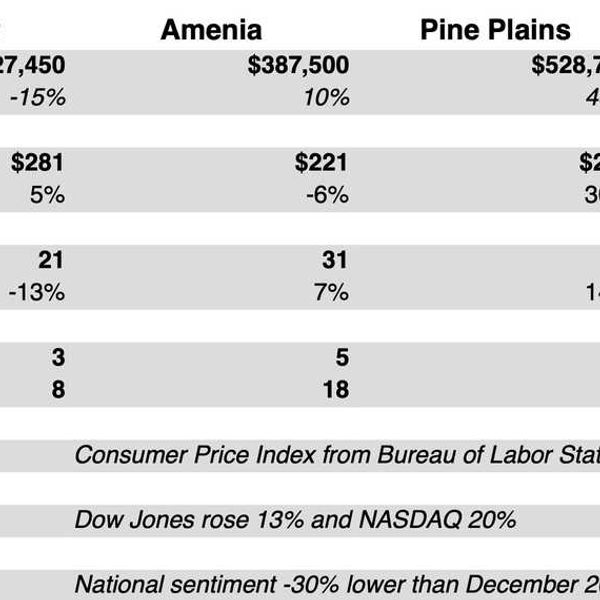As the new chair of the New York State Assembly’s Energy Committee, I am concerned, as are many of my constituents and colleagues, about how New York state will reach the ambitious renewable energy goals set forth in the Climate Leadership and Community Protection Act (CLCPA) without burdening already cash-strapped New Yorkers.
With this in mind, the New York State Assembly’s One-House Budget removed many of the governor’s energy policy proposals, intending to discuss them outside the budget process. The All-Electric Buildings proposal — which has been the focus of much media attention — was modified to only apply to new commercial and residential construction, not existing buildings or homes. Further, there are specific exemptions from the required electrification of new construction for emergency backup power, commercial food establishments, laboratories, laundromats, hospitals and other medical facilities, agricultural buildings, manufactured homes, crematoriums, and critical infrastructure such as backup power for wastewater treatment facilities.
If the legislature has its way, there will be no “ban” on gas stoves in existing buildings, either. We all know that propane generators and natural gas fireplaces have kept people safe and warm through extended power outages during past harsh winters. Instead, offering incentives for consumers to make energy-efficient improvements to their homes and finding ways to meet households where they are as we strive to accomplish our goals is the path the state should be taking.
Let’s be clear: Climate inaction is simply not an option. We have set these goals to address a real climate emergency. It is therefore imperative that we consider all the reasonable and available — even outside-the-box — clean energy alternatives that are reliable and compatible with our existing infrastructure and energy consumption as we strive to meet those goals.
While there are a number of solar and wind projects set to come online, the power from these renewables is still years away. In the short term, there are other fuel sources that could be used to significantly reduce emissions — today! It is also clear that there are industries that will be difficult, if not impossible, to completely electrify. But the goal of the CLCPA is not electrification, it is decarbonization. There are steps we can take now to reduce our greenhouse gas emissions while these renewables come online. Establishing a Clean Fuel Standard in New York state will make alternative fuels cost-competitive and more affordable for the transportation sector, enabling more widespread use right away. This will allow school and public buses to use biofuels to dramatically reduce our greenhouse gas emissions.
In addition, the state’s refusal to recognize and count the emissions reductions seen with energy produced by farmers via anaerobic digestion (capturing gas emitted by cow manure and burning it for electricity) creates a barrier to reaching our climate goals.
There are legislative fixes, as well, and we have already introduced bills to make this energy transition more accessible and affordable, including offering rebates for purchasing a previously owned hybrid or electric vehicle; expanding access to the personal income tax credit for residential solar energy system installation; and allowing the state to utilize newly developed renewable energy sources.
I voted for and continue to support the CLCPA. As its very name suggests, this critical legislation calls for balancing our ambitious climate goals with protecting our communities. In the weeks since I became Energy chair, my team and I have met with a wide range of advocates — from utilities to environmental organizations. Through these conversations, it has become clear that meeting our climate goals does not necessarily have a one size fits all solution; rather, we need to utilize all of the tools available so New York state can rapidly decarbonize our economy while ensuring that our utility costs don’t continue to soar.
Meeting the state’s climate goals will impact every one of our nearly 20 million New Yorkers, and to ensure a just transition — one that protects and supports workers, disadvantaged communities, and our rural, urban, and suburban towns across the state — we must recognize the diversity of New York, balance economic burdens fairly, and ensure good green jobs. We must hear our neighbors, businesses and family members’ concerns and work to bring them along with us, providing energy affordability and reliability to all New Yorkers.
Assemblymember Didi Barrett
Chair, Assembly’s Energy Committee















We have climate goals...Now what?
An Assembly View